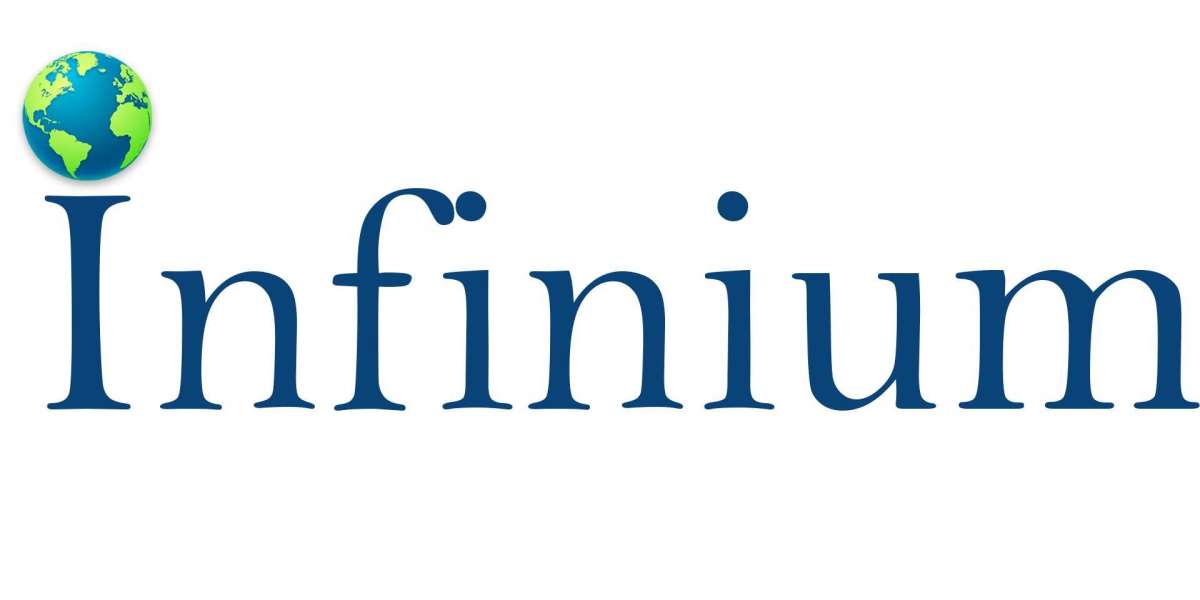The skin is the body's largest organ by volume. Throughout one's life, the skin, which serves as the body's protective covering, is exposed to a variety of harmful elements. Over time, the sun, wind, heat, cold, dust, various types of pollution, and other environmental factors such as indoor air conditioning, artificial fragrances, and so on, all take a toll on our skin's health and appearance. The body becomes much more sensitive and susceptible to infections and other discomfiting conditions as it ages, in addition to the natural process of aging itself.
As we grow older, the way our skin ages is influenced by a variety of factors, including heredity, lifestyle, diet, and personal habits. Maintaining a proper, mindful skincare routine is essential for keeping skin infection and blemish-free, as well as supple and healthy. Skincare should not be limited to the care of one's facial skin, but should include the care of one's entire body's skin. The face, on the other hand, is the focal point, and it is the face that most clearly reflects the negative effects of aging. The first and most important criterion of beauty is clear, healthy, and glowing skin. Because of our cooking methods, Indians, on the whole, have relatively smooth skin well into their senior years, which is a blessing. It definitely prevents extreme dryness of skin, in contrast to Western countries where it is the bane of the elderly, resulting in the sale of an enormous variety of creams, lotions, moisturizers, serums, and other products. This is not to say that our elders are unaffected by the passage of time; quite the contrary. The differences are in the degrees.
Factors that cause and symptoms of a disease
Fat tissue loss occurs between the skin and the muscles.
Loose facial skin is caused by a loss of skin elasticity and flexibility, which can be seen around the eyes (wrinkles), cheeks, and jawline.
UV radiation, which occurs as a result of excessive exposure to sunlight, causes the skin to stretch, wrinkle, and in some cases, become blotchy.
Over time, the daily movements of the face result in the formation of laughter lines, frown lines, and worry lines.
Yes, stress has a negative impact on the appearance of your skin.
Cigarette smoking can cause premature aging of the skin.
Certain medications have the potential to cause extremely dry and itchy skin.
Bruises as a result of dry skin.
Consumption of water is insufficient.
Nutrition and diet are lacking.
Age spots are brown patches that appear on sun-exposed areas such as the face, hands, and arms.
Precautions and Fundamental Principles
During peak sunlight hours, avoid being outside for an extended period of time. Always wear sunscreen and keep your head covered. While sun exposure for around 30 minutes is recommended for Vitamin D and vitality, it is not necessary.
Warm water is preferable to extremely hot water when bathing. Using artificially scented, harsh soaps can cause the pH balance to shift, resulting in the skin becoming more alkaline in pH balance. Herbal soaps that are mild and fragrance-free are recommended.
To apply soap or body cleanser, a soft cloth or sponge should be used.
After washing your face in the morning and before going to bed, moisturize with a natural herbal lotion.
Drink plenty of warm water (7-8 glasses per day), as well as other nutritionally beneficial liquids, to keep your body hydrated. Important to maintain proper hydration.
Take part in a nutritious, well-balanced diet that includes plenty of vegetables, fruits, milk, curd, seeds, and nuts, among other things.
In order to combat the drying effect of heaters, use a humidifier indoors.
When doing housework or gardening, gloves are recommended.
Routine for Ayurvedic Skin Care
Nutritional factors - What we eat has a significant impact on the condition of our skin. Including plenty of fruits, all seasonal vegetables-especially leafy greens, curds and milk, Indian spices such as turmeric and saffron, as well as pure Ghee in your diet as part of a wholesome, well-balanced meal plan, can be extremely beneficial for your health. The ingredients and ghee work together to lubricate the skin from within, resulting in skin that is soft and nourished without the need for excessive external moisturizers.
Rasayana is a technique used in Ayurveda to regenerate and rejuvenate cells, and it is based on the use of herbs and other plant-based ingredients. These anti-aging herbs contain antioxidants that prevent the formation of free radicals, which are responsible for skin cell damage. It is important to remember that you should incorporate the following foods into your daily diet, either in their natural form or as supplements:
Amla, Guduchi or Giloy, Brahmi, Guggulu, Ashwagandha, Gotu-kola, Ginseng, Turmeric, and Saffron are some of the herbs used in traditional Chinese medicine.
Amla – an excellent source of vitamin C and antioxidants that aid our bodies in the fight against disease and also improve the appearance of the skin.
Giloy is an immunity-booster and memory enhancer that also calms and soothes the body, preventing infections.
Ashwagandha – This herb helps to reduce stress in both the mind and the body. It aids in the rejuvenation of the skin's cells.
Gotu-Kola – is a powerful anti-aging herb that is high in flavonoids and anti-oxidants, making it an excellent choice.
Brahmi – This herb is used to treat stress and to relax the mind. Additionally, it is a memory enhancer.
Ginseng – This herb contains phytochemicals that help to stimulate and activate the skin's metabolic processes. These antioxidants also aid in the removal of free radicals that accumulate on the skin as a result of exposure to pollution and excessive sunlight.
Turmeric – specifically, the compound Curcumin found in it – has a powerful anti-aging effect on the body. Because of its anti-inflammatory and anti-oxidant properties, it helps to keep diseases at bay.
Saffron - It has the ability to lighten pigmentation and brighten the skin.
Ayurveda divides skin into categories based on the Dosha (personality trait) of the individual. So Vata Dosha has dry skin, Pitta Dosha has normal/combination skin, Kapha Dosha has oily skin, and TriDosha is the skin type that encompasses everything else.
Everyone should follow the same basic routine: cleanse, nourish, and moisturize.
Homemade pastes, known as "Ubtans," made from herbs, grains, legumes, lentils, condiments and spices (including nuts), curd and milk (including coconut milk), and oils are recommended by Ayurveda practitioners.
Use a ubtan made of Gram flour-Besan mixed with milk and a pinch of haldi in a small amount of water to exfoliate dead skin and deep cleanse the skin before applying the moisturizer. Apply to the face, arms, and feet, rubbing gently all over the body. Rinse thoroughly with water. Twice a week is sufficient.
A wide variety of Ubtans are available, including ground almond paste with milk; ground Poppy seeds (khus-khus) paste with almonds and milk; Fuller's earth (Multani Mitti) with rosewater; Sandalwood (Chandan) paste; besan with curd; besan with Haldi and Mustard oil (Sarson ka tel); and besan with ghee and mustard oil (Sarson ka tel). Ground Lentils (Masoor Dal), cooked with Haldi, Chandan, Badam, and milk, orange juice massaged into the skin to remove tanning; and so forth and so on. Yummy! Most of us have a favorite family ubtan that we can use as natural face masks again. Start using them again.
Natural oils are used to moisturize and nourish the skin. Use a base oil such as pure almond or coconut oil as a starting point. For dry Vata skin, combine 10 drops of sweet orange or Geranium essential oil in 1 ounce base oil for a luxurious feel. 10 drops of Sandalwood or Jasmine oil for Pitta skin that is normal to combination. For oily Kapha skin, use 10 drops of Lavender or Bergamot essential oil. Gently massage the face and neck with circular and upward strokes, using circular and upward motions. Wet cotton-wool can be used to gently remove any excess oil from the skin.
In Sanskrit, the word for oil is SNEHA, which is also one of the words for love!
Make time twice a week, if possible, to give yourself an Abhyanga self-body massage with sesame (Til) oil. Alternatively, you could ask someone else to do it for you. Pour some oil into your palm and massage it into your scalp, the rest of your body, including your spine and abdomen, as well as the tops and bottoms of your feet, starting at the top of your head. Long strokes should be used on the limbs, and circular strokes should be used on the scalp, abdomen, and joints.
This massage ritual infuses love and deep nourishment into all of your body's tissues, as well as your mind and senses, during the course of the session. In accordance with Ayurvedic principles, oil massage purifies, nourishes, and tones the body at the deepest cellular level, while simultaneously making the skin supple and lustrous.
Following this procedure, you will not require the use of any body lotions or moisturizers.
It's important to remember that yoga, in addition to its many other wonderful benefits, can also help you achieve glowing skin!
Natural ingredients should be used, and people should live in harmony with nature. Rejuvenate your body, improve your health, and increase your happiness.
If you have a common but serious condition such as Senile Purpura, exfoliative Dermatitis, stasis Dermatitis, bacterial and parasitic infections, or benign skin growths, see a dermatologist right away. IMPORTANT - Skin conditions are also influenced by chronic health problems, surgery, and certain medications, among other factors.



